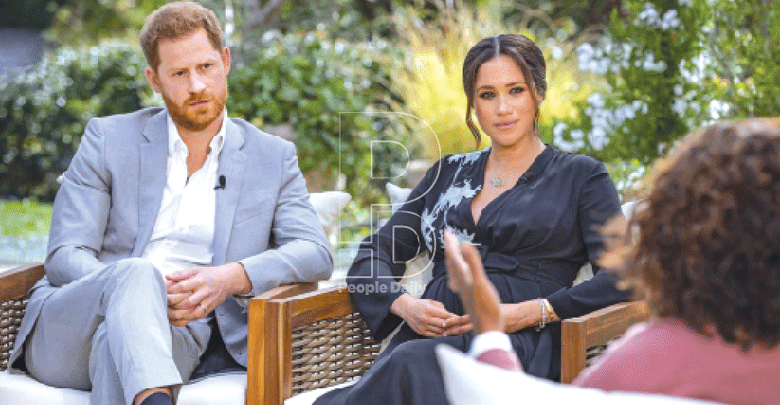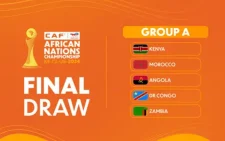Hoops people jump for marriage

Can people from different social, race, cultural or financial classes have happy relationships? Nailantei Norari sought to find out.
Judy (not her real name) believes she was not made for a life of struggle and is meant for the soft and good the life of luxury has to offer.
She talks of how and for the sole purpose of achieving the life of no struggle she intentionally places herself in path that would lead her to mingle with men and women of means.
She frequents high-end joints even with the little money she has in the hope of getting spotted by someone of means and getting hitched to the person.
In such forums, she talks proudly of her project management job, her masters degree and her flashy lifestyle, which is mainly financed on credit.
She does not mind paying the price momentarily as she waits for her big break.
She talks of how reading Ginie Sayles multiple books such as How to Meet the Rich: For Business, Friendship or Romance and others changed her way of thinking and way of life.
As to whether she will love the dream man of means or he will be just a means to an end, Judy says that love can be fanned into existence.
Contrary to what many believe, love does not have to be by chance, you can will it into being, especially if there is money involved, she says.
But can people from different social, cultural, race or financial classes have happy relationships?
Social media has been alight with polarised reactions to Harry and Meghan’s interview with Oprah, where Meghan detailed the hardships that came with being a duchess.
Many marvelled at her unpreparedness when it came to the royal family and its traditions. Some used this to argue for endogamy, where people do not marry outside their classes or culture.
Many Twitter pundits argued that had Harry married a royal, or Meghan married a common person or Hollywood celebrity, none of them would have gone through the hardships they have gone through and are still wading through.
For Prince William and Kate Middleton, their relationship was more or less a set-up.
By now many are familiar with the story of how Kate Middleton met Prince William.
The pair were first introduced as young students at St Andrew’s University, though it took a while before they started dating.
But as it turns out, there are some reports that claim the Middleton family encouraged Kate to choose St Andrew’s over her top choice school so she could meet Prince William.
Though there’s no proof of that, it certainly makes sense that any parents would want their daughter to meet and potentially marry a prince.
Not a strange phenomena
Well, while most normal people will never worry about marrying royalty, many find themselves in a quandary over marrying or getting involved with partners outside their cultural, economic or social set.
Professor Francis Paul Kerre a sociologist and don at Kenyatta University says encouraging marriage between people in the same group or class is not a new thing, with many parents ensuring that their children only mix with a certain kind of crowd.
Some parents ensure that their children only interact with a certain caliber of people by taking them to elite schools, living in gated communities where only the elite live and hanging out at private clubs and places frequented by only the elite.
This way, the children only meet people of a certain class or higher and hence marrying either at par or up is inevitable.
Possible solutions
“A sense of belonging is an innate human need. Power and authority tend to draw people in, hence automatically giving said people a sense of belonging and a high societal status.
It, therefore, follows that many people will want to marry up, which in itself is not a bad thing, unless it is done in a duplicitous manner where one party misrepresents themselves.
However, marriage and love is something not to be taken as a means to an end.
It is a journey, and getting into it for the wrong reasons will leave everyone unhappy,” Allan Lawrence a psychologist and relation therapist explains.
Where people are shaped by different experiences and backgrounds, there is bound to be some kinks to iron out.
Allan talks about the possible solutions to hurdles that a couple or even a friendship between people from two different classes can suffer from.
“It is important for both partners to respect each other regardless of social class. They need to know exactly who they are and what they stand for as independent units,” Allan says.
If one of the parties feels inferior, they should ensure first that they are not projecting their own feelings of inadequacy on to their partner, Allan advises.
At times, the person might be feeling unworthy of the friendship or love and simply be taking their partner’s well-meaning actions and words to be attacks and confirmations of her own insecurities.
One should, therefore, have a candid conversation with his/her partner on how one feels, and what makes him/her feel that way.
They can also invite a second objective party to sit down with them and walk through their issues, to see if the issues are real or perceived.
“But this is not to say that people from different social, cultural or financial classes cannot have happy relationships.
They can and they do. It just takes a little time and work for the cogs to fit into place and for everything to run smoothly, just like it still would take time even with people from the same background,” he says in ending.












